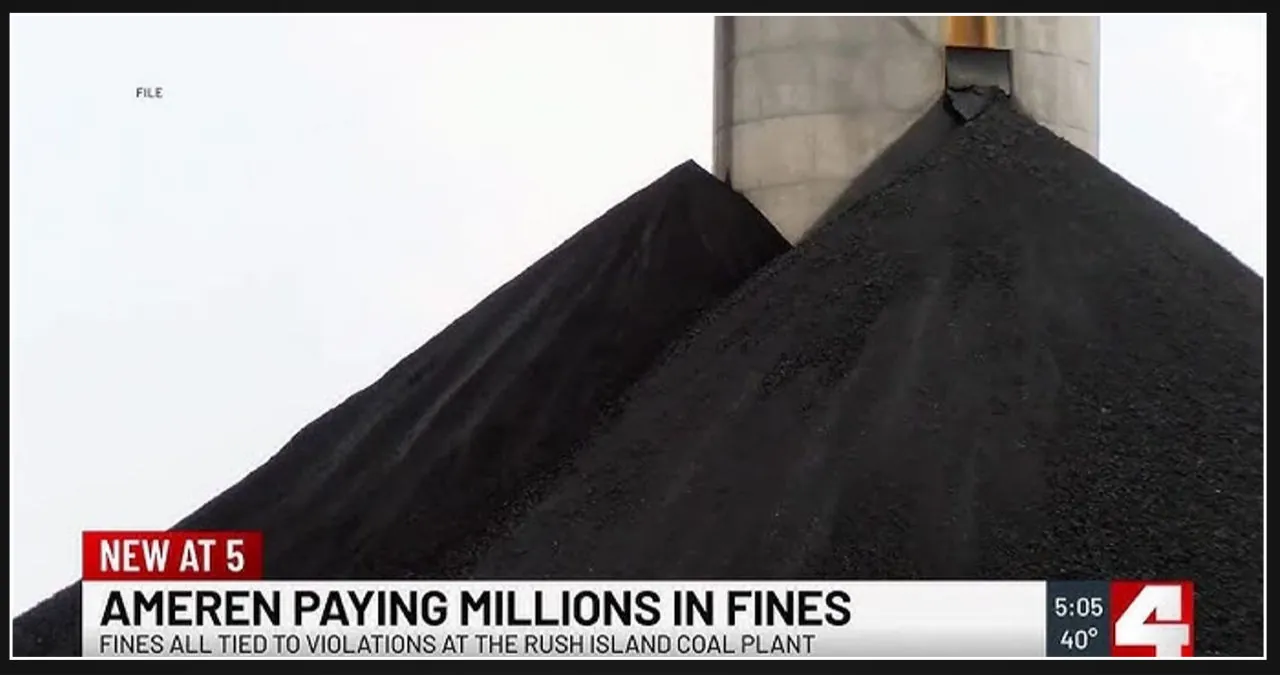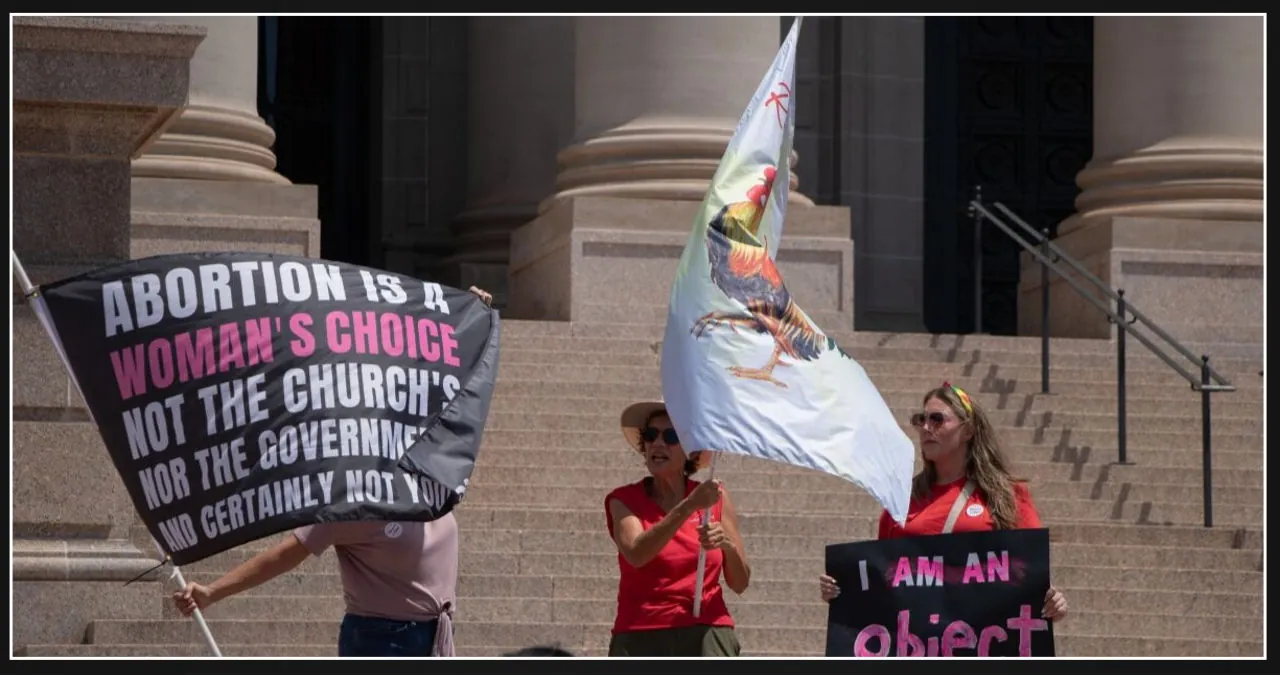The Biden administration created new parole programs that resulted in the release of millions of illegal foreign nationals into the country. Among these individuals, at least one million have been granted temporary protective status (TPS) to prevent their deportation. It is important to note that some of these individuals come from countries with ties to terrorism, raising concerns about national security.
According to a recent report from the Congressional Research Service, as of September 30, 2024, around 1,095,115 foreign nationals have been granted Temporary Protected Status (TPS).
Citizens from Afghanistan, Burma, Cameroon, El Salvador, Ethiopia, Haiti, Honduras, Lebanon, Nepal, Nicaragua, Somalia, South Sudan, Sudan, Syria, Ukraine, Venezuela, and Yemen reside in these countries.
The Biden administration also extended Temporary Protected Status (TPS) to Palestinians and Lebanese nationals amidst the escalating violence against Israel.
President Joe Biden extended national emergency orders, citing national security threats related to terrorism, threats posed by Afghanistan, Sudan, Syria, and other countries, foreign threats related to weapons of mass destruction, and Islamic threats that escalated under his administration, according to The Center Square.
The Secretary of Homeland Security exercises discretion in granting TPS, citing the authority provided by the law. TPS is typically granted for a period of six to 18 months but is frequently extended. According to the report, an undisclosed number of individuals from Liberia have been granted TPS since 2017.
DHS regularly provides updates regarding TPS, outlining the specific conditions and terms. In a recent announcement on October 11, DHS extended TPS status for individuals from El Salvador, Honduras, Nepal, Nicaragua, and Sudan until March 9, 2025.
Registered individuals under the program can continue to submit extensions, and there is an ongoing re-registration process for Salvadorans until March 9, 2025.
Individuals who are granted Temporary Protected Status (TPS) are given deferred enforced departure (DED) status, which is a temporary, discretionary, administrative stay of removal. According to the Congressional Research Service (CRS), DED status is derived from the President’s constitutional powers to conduct foreign relations and does not have a statutory basis.
According to the CRS report, 834,000 individuals who entered the U.S. illegally or overstayed their visas are among those granted TPS and DED. This status prevents them from being deported and provides them with work authorization. Critics argue that this takes away job opportunities from Americans and puts a strain on taxpayer resources due to the welfare services they receive.
There are numerous foreign nationals living in the US under the Temporary Protected Status (TPS) program. Some of the notable groups include:
-
- 260,790 Haitians granted extended TPS through Feb. 3, 2026;
- 256,625 Venezuelans granted extended TPS through April 2, 2025;
- 248,775 Venezuelans redesignated TPS through March 3, 2026;
- 52,585 Hondurans whose TPS termination was rescinded and extended;
- 63,425 Ukrainians granted extended TPS through April 19, 2025.
In addition, the CRS report states that TPS and DED have been granted to an unspecified number of Palestinians and Lebanese until August 2025 and January 2026, respectively.
Initially, the Temporary Protected Status (TPS) was granted to 74,500 Afghans until November 20, 2023. However, concerns have been raised by the U.S. House Committee on Homeland Security, as multiple reports suggest that there was no established process to remove these individuals once the TPS period came to an end.
The CRS report states that there are currently only 9,630 Afghans who have been granted TPS until May 2025.
President-elect Donald Trump has made a commitment to terminate TPS, a program that was created by Congress in the Immigration Act of 1990 and was signed into law by former president George H. W. Bush.
In 2017 and 2018, citizens of Central American countries saw the termination of TPS designations by Trump’s DHS. As a result, two class action lawsuits were filed in response to this decision. However, in September 2020, the 9th Circuit Court of Appeals overturned a previous injunction from a lower court, allowing the TPS designation to be terminated. Biden, on the other hand, has taken a different approach by reversing Trump’s policies and expanding TPS authorizations.
Reference Article







